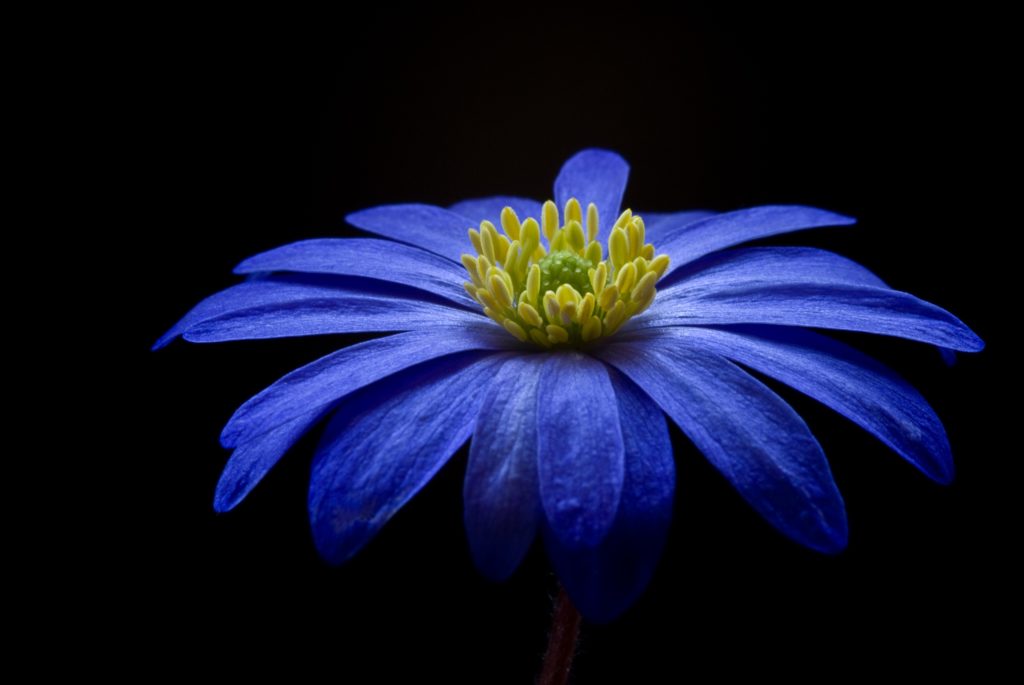CW: this article contains references to sexual assault and trauma
I’d always thought of myself as a gutsy person. But a year or so ago I was in a relationship with domestic violence and it changed everything. What terrified me the most was how powerfully the relationship shattered my idea of who I was; the violence within it and the mental health issues I faced afterwards completely derailed what I had naively deemed my ‘life plan’. I was forced to confront just how much I was willing to lose in order to stand up for what I felt was right.
Speaking out about the abuse was ultimately necessary to begin recovery, but I was almost guaranteed to lose all of my friends and what I prized as my ‘reputation’ as a good, strong person. My abuser had threatened to slander me and isolate me from the social network that we shared through high school and at ANU. Additionally, the broader stigma and vicious dialogue surrounding domestic violence and domestic violence survivors also terrified me now that I was actually part of the demographic. The risk of facing what felt like a character assassination kept me silent for longer than I’d ever imagined I would be. I knew that lying about my experience contradicted everything I’d ever said regarding the issue of abuse.
Ultimately, I had to discern whether I was willing to maintain my integrity now that for the first time, there would be brutal personal consequences. My peers were similarly challenged, and it was a painful and uncomfortable experience to watch them also assessing the risks of acknowledging the truth about my abuser’s nature. After months of this inner turmoil, what finally swayed me was putting my faith in the unflinching support of a small circle of close friends. They stood by me, and continually insisted that what happened to me was unconditionally wrong, even when I couldn’t seem to find the fortitude within myself to come to terms with this reality. I realised that robbing myself of a voice was only ever going to wound me further, and far more deeply than speaking up ever could.
My identity was strongly rooted in productivity, and being a very social person with constant academic or professional pursuits. Independence was significant to me, but in the aftermath of the relationship, PTSD gripped my being and wiped out most of my basic capacities, leaving me to face a full year of unemployment and program leave from ANU. I had to move back in with my parents. I lost a lot of friends simply because I couldn’t handle being at public events. When I entered a new relationship, it was with someone who enjoyed being socially active. I was plagued with insecurity about not being able to keep up with him, or anyone at all. I lost respect for myself. If I couldn’t do what I was good at, or what made me ‘me’, then who was I?
When I connected with others going through mental health issues, they often expressed the same frustration: we thought less of ourselves because we weren’t able to lead the jam-packed lives that we associated with true success. I saw how many people felt that hyper productivity was synonymous with self-worth or strength. Was this true? It was a deeply confronting but ultimately thought-provoking dilemma.
Surviving domestic abuse pushed me to realise that it is necessary for one to search within themselves if they are to find genuine self-confidence and self-worth. Personally, I felt so eviscerated by the relationship and its fallout because I had based my self-love purely upon my accomplishments and social life. When threatened with the loss of these, I was too afraid to speak up for myself. When the public aftermath and personal trauma of the relationship took external validation away from me, I lost myself completely. Being debilitated from pursuing one’s goals will always be painful, but it shouldn’t completely rob you of your sense of self. The notions of personal strength that prevail within society can be far from accurate at times. I have come to learn that simply being content with yourself and the present moment you find yourself in requires much more fortitude than juggling a superhuman load of social, academic and professional commitments. Ultimately, having my life utterly dismantled set me on the path to building a stronger foundation for it. This time around, I’ve stopped spending so much time looking outwards.
We acknowledge the Ngunnawal and Ngambri people, who are the Traditional Custodians of the land on which Woroni, Woroni Radio and Woroni TV are created, edited, published, printed and distributed. We pay our respects to Elders past and present. We acknowledge that the name Woroni was taken from the Wadi Wadi Nation without permission, and we are striving to do better for future reconciliation.
